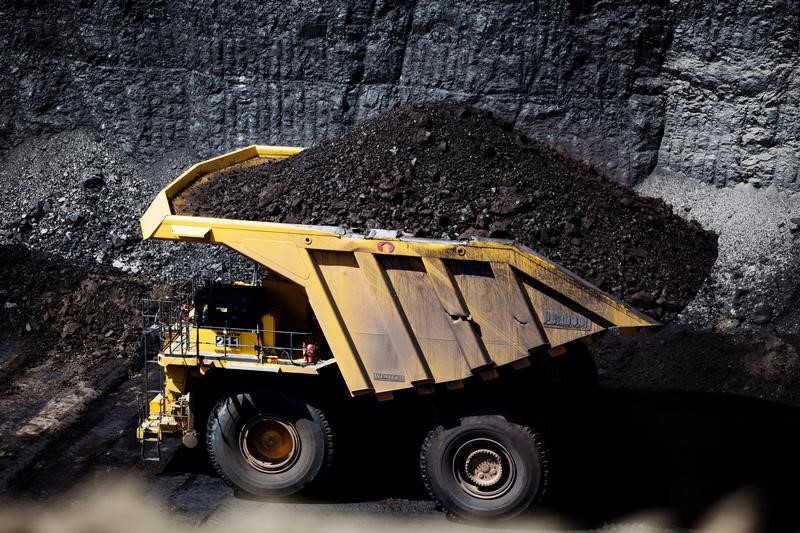BEIJING (Reuters) - Australia's ties with top trade partner China soured in 2018 when it became the first country to publicly ban China's Huawei [HWT.UL] from its 5G network, and worsened after Canberra called for an enquiry into the origins of the coronavirus.
Tit-for-tat diplomatic reprisals have since followed, including raids on the homes of Chinese journalists in Australia, evacuation of some Australian journalists from China and a raft of trade measures imposed by China on Australian exports.
China is by far Australia's top overall export market, worth $104 billion in 2019 according to the IMF, so a lasting severing of trade ties could damage the Australian economy.
Australian shipments of beef, barley and coal worth billions of dollars have been the most impacted by recent measures, and China has been able to find alternative supplies easily.
Iron ore - Australia's top export and a critical ingredient for China's massive steel sector - has been spared so far from any crossfire, as has Australian LNG.
Here is a timeline of how commodities markets have been impacted by the mounting tensions between the countries:
FEBRUARY 2019
China's northern port of Dalian bans imports of Australian coal and caps overall coal imports from all sources to the end of 2019 at 12 million tonnes.
MAY 2020
China hits Australian barley with anti-dumping and anti-subsidy duties totalling 80.5% from May 19, with the duties expected to last five years.
It also halts beef imports from four of Australia's largest meat processors.
AUGUST 2020
China, the top export market for Australian wine, launches anti-dumping and anti-subsidy probes on some Australian wines.
AUGUST 31/SEPTEMBER 2020
China suspends barley imports from Australia's largest grain exporter CBH Grain after pests were found, and orders stricter inspections of Australian wheat and barley.
Australia is the biggest barley supplier to China, exporting about A$1.5 billion to A$2 billion worth a year, which is more than half its exports.
OCTOBER 2020
Australia investigates reports that China has verbally instructed buyers to avoid Australian supplies.
